I remember the cartoons by Henry Boltinoff called Hocus Focus. You were to find the differences between two seemingly identical pictures. It required attention to detail and focus. My success depended on my ability to remain on task for an extended period of time. Alas, it was easy to get mentally distracted despite my best intentions.
I find the practice of meditation often follows this trajectory. When I first started meditating, my focus on my breath lasted about 5 seconds flat. Suddenly, things like the massive amount of unfolded laundry, upcoming contentious work meeting, and the snippy comment from my mother the day before wandered into my thoughts. Next, I would struggle to return to my breath. This phenomenon of the brain has a name – mind wandering. And it frustrates many a meditator both new and seasoned.

Focus and Mind Wandering
Mind Wandering happens to most of us. In fact, a whopping 96% of us experience this daily (I think the other 4% must be Zen Buddhist Monks). It also happens almost 50% of the time we’re awake. It simply means we experience task unrelated thoughts. Depending on our typical thought patterns, these task unrelated thoughts range from positive and helpful to negative and harmful. If you want to get your science on, read this article. Mind wandering is typically thought of as interfering with meditation. I propose we think of it as part of the process of meditating.
Focus, Mind Wandering, and Meditating
What if we try something new instead of lamenting the challenge of meditation? The practice of focused meditation begins with a focal point, perhaps the breath. A way to think of this is that the focus is like a flashlight shining on a particular thing. Next, we become aware of mind wandering as it occurs (and it will!). Think of this like a radar (consciousness) that picks up blips (thoughts, emotions, and sensations). We want to do this without judging or engaging with them. Finally, we focus our attention where we began – on our focal point. Over and over. This is the practice of meditation. Let’s allow ourselves to be human and appreciate the inner workings of the mind. And perhaps allow gratitude at our amazing capacity to practice meditation in a new way.
Please share below any insights, discoveries, or comments on ways you develop self-love and how these suggestions worked for you.
Return to Center with mindfulness each week with me, sign up for more tips on Mindfulness, Yoga, and Meditation, or register for a class here.
Love, Light, Prayers, and Peace!
Alyson Phelan, Certified Mindfulness, Yoga, and Meditation Teacher




